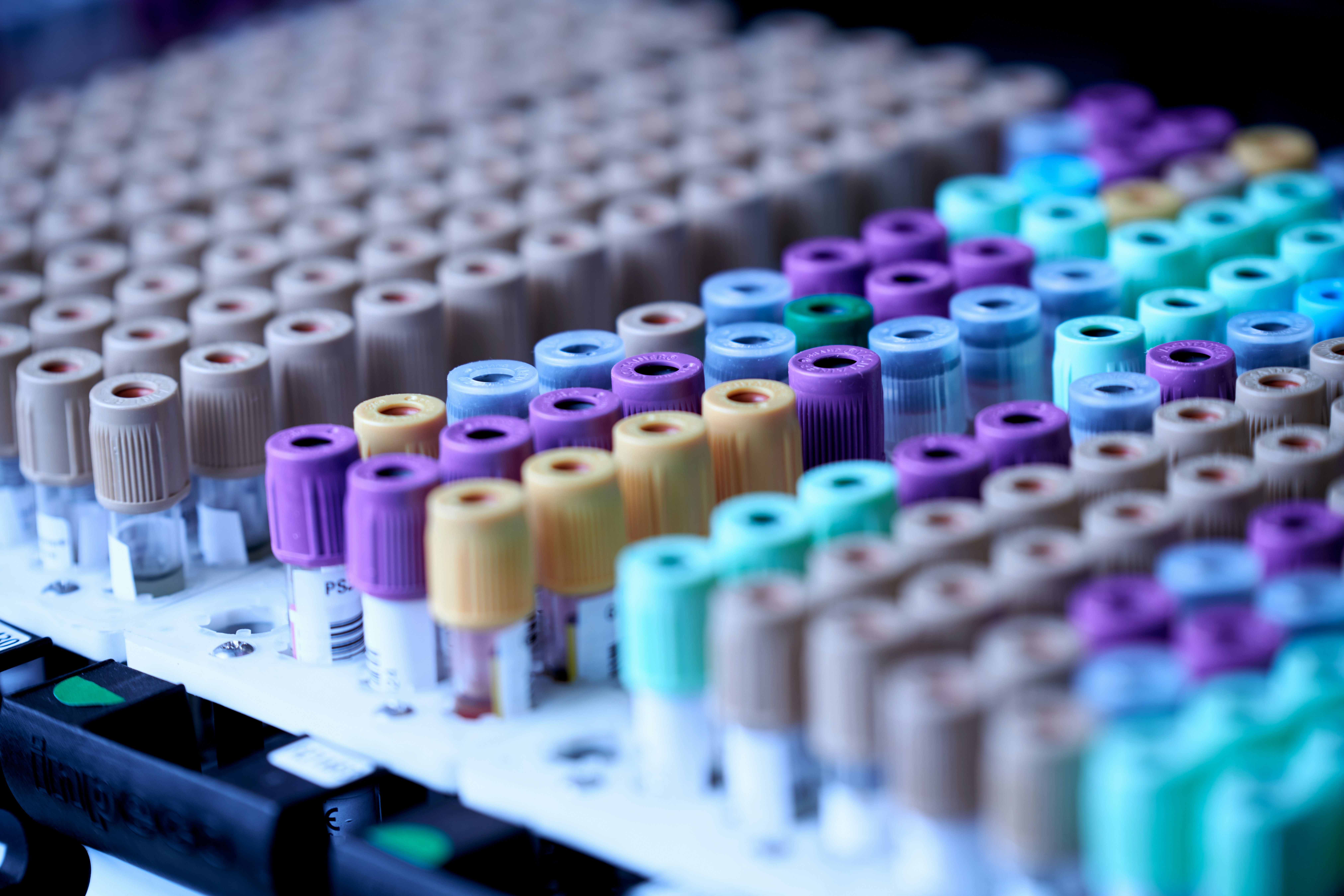July 28, 2025
Lifescience industry is facing a major challenge. That of maintaining quality systems irreproachable in a dynamic sector that is constantly evolving. This sphere, encompassing biotechnology, pharmaceuticals and medical devices, requires a vocational training agile. It also requires specialized skills, which is always evolving. Faced with this need, stakeholders in the lifescience industry recognize the crucial importance of perfecting and updating the skills of their teams. Such an achievement is decisive in promoting innovation and ensuring regulatory compliance.So, the vocational training transcends its traditional role. It is becoming the essential lever, empowering professionals to master the complexities inherent in quality systems.
In the competitive context of biotechnology And of the health, the continuing education is crucial. It meets technological developments and strict regulatory standards. For professionals in scientific research, this ensures compliance, an essential criterion in the Lifescience sector.
Innovation in biotechnology and the progress in health require constant adaptability. La continuing education equips professionals with the skills to quickly integrate new practices. Thus, they remain competitive in a market in perpetual transformation.
The sector of pharmacy obeys the rules of regulatory compliance strict. La continuing education ensures the mastery of these standards by professionals. It contributes to the prevention of risks associated with non-conformities, thus protecting patients and businesses.
La scientific research Advances in the industry Lifescience requires specialized skills. La continuing education allows researchers to hone their expertise. They thus remain at the forefront of innovation, ensuring the excellence required in this field.
THEinnovation radically transform theLifescience industry. It is changing research, development, and clinical practices. This creates an increased need for skills advanced and specialized. Players in this sector must therefore focus on training of individuals able to manage these innovations.Education systems must be proactive and flexible to meet this requirement. A skilled workforce allows the industry to capitalize on technological advances. However, these advances pose major challenges, requiring agile teaching methods. These methods must be adapted to the particularities of each innovation.
Professionals need to acquire not only skills techniques, but also the ability to adapt and innovate to successfully navigate market fluctuations and clinical advances.
Developments, such as personalized therapies and artificial intelligence, are redefining the skills required. It is essential to master the sector in order to contribute effectively. THELifescience industry seeks talent who can lead and optimize innovations.Field of innovationField of innovationProfessional Skills requiredGene and cell therapyBiomedical engineering, molecular biology, regulatory complianceArtificial Intelligence (AI) in healthData analysis, bioinformatics, ethics of IANanotechnologyNanobiology, design of medical devices, nanoparticle safetyL'innovation In theLife science industry requires constant technological surveillance. It also requires a continuous commitment to professional development.Thus, the continuing education is essential to maintain the competitiveness and excellence of the sector.
In the dynamic sector of medical technology, the alignment of the programs of training with rapid advances is imperative. Continuous learning is necessary to master medical devices And the drug development. These skills remain central for professionals in the field.
Autonomy and excellence in the handling of medical devices require strategies of training targeted. Specialized apprenticeship programs meet this requirement. They aim for a perfect match between acquired skills and market needs.
Mastering advanced techniques in drug development is essential. This competence allows professionals to develop innovative therapeutic solutions. Thus, they contribute effectively to safety and therapeutic innovation.TrainingsTarget competenciesApplication sectorsAdvanced use of medical devicesDiagnostics, treatment, monitoringHospitals, Clinics, LaboratoriesPathways of molecules in developmentSynthesis, analysis, clinical trialsPharmaceutical industry, research centersMedical device regulationCompliance, regulatory updatesMedical device manufacturers, regulatory bodiesInnovation in pharmacology/Sustainable drug development, bioethicsBiotechnology, academic research
In the life science industry, the term quality exceeds production. It is linked to a global vision of professional development.Adherence to high standards and continuing education are essential. They allow you to excel in this regulated field. Professional development is based on knowledge of the standards of quality, including standards ISO and GMP. These frameworks are not just guidelines. They represent a work culture that guarantees the safety and effectiveness of advances.
Continued excellence in the life sciences requires evolving educational programs. They need to incorporate feedback and regulatory changes. So, a professional development focused on quality is formed. It ensures sustainable performance and remarkable sectoral prestige.Training objectiveStandard or RegulationImpact on qualityControl of Management Systems of ISO quality 9001, ISO 13485Continuous improvement and product/service complianceRisk prevention and quality controlRisk prevention and quality controlHuge GMPs, European directivesReduction of deviations and non-conformitiesDevelopment of analytical competenciesICH guidelines Q8/Q9/Q10Streamlining product development, quality assuranceIn conclusion, the life sciences sector is taking a proactive approach to quality. This strategy ensures global compliance and reinforces expertise recognized for its precision and excellence.
The challenges of the Lifescience industry require a interdisciplinary collaboration as a driver of innovation. Navigating this field requires more than technical expertise. It is necessary to develop transversal skills. These skills promote the implementation of varied and interconnected projects.
La project management requires skilful orchestration of resources and time. Effective leaders drive innovation while improving results. They maintain efficiency by training continuously. This ensures adherence to advanced practices.
La communication is crucial for uniting disciplines towards a common goal. In complex situations, seamless interaction is essential. It promotes quick decisions and good responsiveness to challenges.Transversal competencies.Application in project managementBenefits for the Lifescience industryLeadershipLeading multidisciplinary teamsInnovation Increased and operational efficiencyTeamworkCollaboration on research initiativesIncreased synergy and relevant research resultsCommunicationEnsure alignment of goals and clarity of expectationsFewer misunderstandings and smoother processes
The quest for excellence in the Lifescience sector necessarily involves a thorough understanding of industrial standards And quality systems. For actors in this field, acquire a certification such as standards ISO marks a distinctive sign of their expertise. It is also a crucial lever for their professional recognition.
ISO standards serve as essential references for entities aspiring to demonstrate their dedication to continuous excellence. They include key sectors such as risk management, laboratory quality management, and product safety. Individuals trained according to these standards amplify their ability to manage quality projects aligned with global standards.
Accreditation in ISO or other industrial standard allows professionals to justify their competence and to enrich their position on the job market. The training programs prepare them not only for the exams of certification, but also for the effective implementation of these standards in their daily practice. This aspect is fundamental for the professional recognition.Standard/Domain/Impact on professional recognitionISO 9001Quality management systems/Solid basis for roles in quality management; ISO 13485Medical devices/Specific expertise sought in the medical industryISO/IEC 17025Competence of analytical laboratories; Recognized expertise in quality control and calibration
In the dynamic ecosystem ofLifescience industry, the importance of training and the improvement of skills is crucial. It is at the heart of maintaining and optimizing quality systems. Professionals must adapt continuously to innovations. This allows them to meet compliance and quality standards, while promotinginnovation necessary for the progress of the industry. Specialized certifications and training are essential. They ensure that businesses and individuals have a competitive position in a market that requires excellence. They concretely demonstrate expertise and professionalism, consolidating the reputation and reliability of industry players. Investing in continuous education and the development of skills is essential. This is not a choice but a strategic approach for those aiming for success in the Lifescience. Collective education and training efforts are the lever for overcoming current and future challenges in this crucial and highly specialized field.
Des formations conçues par des experts métier, régulièrement mises à jour pour coller aux exigences terrain. Découvrez nos modules les plus suivis et les mieux notés par les professionnels.

Formation complète sur les Bonnes Pratiques de Fabrication (BPF) adaptée à votre profil professionnel dans l'industrie pharmaceutique et vétérinaire.

Maîtriser les techniques et les procédures essentielles.

Les procédures essentielles d'hygiène et de sécurité pour le personnel...